US Treasury Secretary Janet Yellen speaks at a press conference in Washington, DC. Photo: AFP/ VNA
Ms Yellen said World Bank shareholders had “extremely productive” discussions last week after approving an initial round of reforms to ensure the bank can better address issues such as climate change, pandemics, conflict, and poverty reduction. World Bank shareholders now expect further action from the financial institution ahead of its annual meetings scheduled for October in Morocco.
Ms. Yellen launched efforts toward World Bank reform in October, after an independent report prepared for the Group of 20 (G20) summit last July concluded that the World Bank and other development banks could release hundreds of billions of dollars through adjusting their balance sheets and taking on more risk.
Last week, the World Bank's executive board approved a set of reforms more ambitious than initially proposed, which would increase the bank's lending by $50 billion over 10 years, while maintaining its top AAA credit rating and focusing more on private capital.
Ms. Yellen said private sector executives expressed optimism that incentives and reforms at the World Bank could unleash more private capital for development purposes. This, she said, will be a key focus for former Mastercard CEO Ajay Banga, who has been nominated by US President Joe Biden to replace David Malpass, who is expected to leave office on June 1.
In addition, WB shareholders also urged the WB to allow the International Bank for Reconstruction and Development (IBRD) to provide credit to supranational institutions such as the COVAX Global Vaccine Access Facility. Shareholders want the WB to establish principles for incentives and resource allocation, including more strategic use of existing grant funds and low-interest sources, and to apply process improvements to increase speed while maintaining the quality of the bank.
For months, the United States, the World Bank's largest contributor, has been pushing for stronger action to increase funding for developing countries to address climate change, future pandemics and other global challenges.
During 2020-2022, the World Bank provided $100 billion for global public goods, but developing countries and the private sector are estimated to have to spend much more – up to $2.4 trillion a year – to address those needs.
US officials are working closely with other multilateral development banks to promote reform, including the Inter-American Development Bank.
Source: VNA
Source link


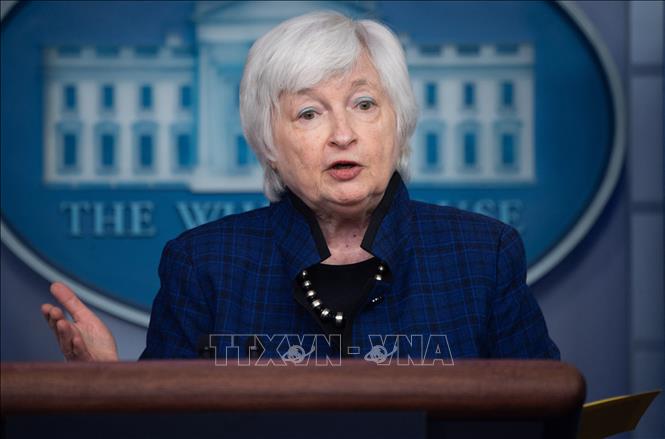
![[Photo] Many dykes in Bac Ninh were eroded after the circulation of storm No. 11](https://vphoto.vietnam.vn/thumb/1200x675/vietnam/resource/IMAGE/2025/10/15/1760537802647_1-7384-jpg.webp)

![[Photo] General Secretary To Lam attends the 18th Hanoi Party Congress, term 2025-2030](https://vphoto.vietnam.vn/thumb/1200x675/vietnam/resource/IMAGE/2025/10/16/1760581023342_cover-0367-jpg.webp)


![[Photo] Conference of the Government Party Committee Standing Committee and the National Assembly Party Committee Standing Committee on the 10th Session, 15th National Assembly](https://vphoto.vietnam.vn/thumb/1200x675/vietnam/resource/IMAGE/2025/10/15/1760543205375_dsc-7128-jpg.webp)
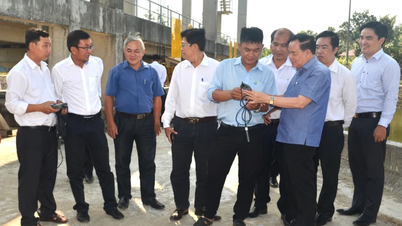
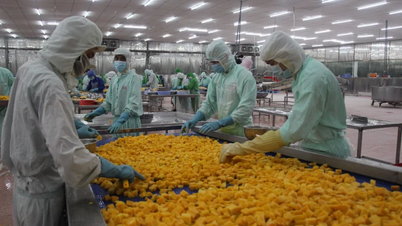
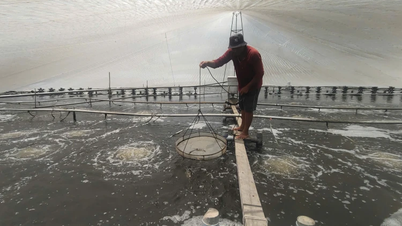
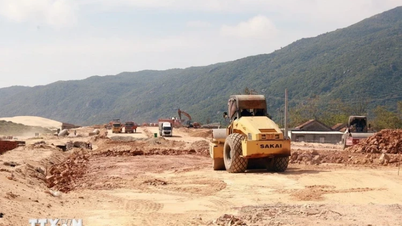
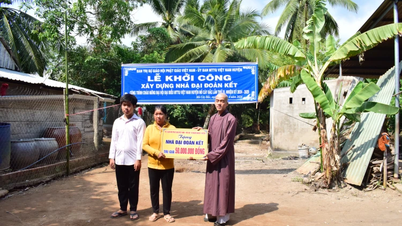





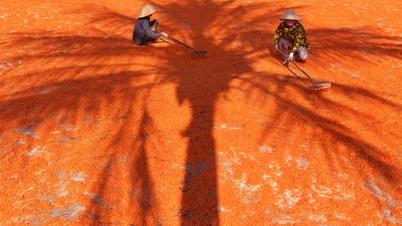
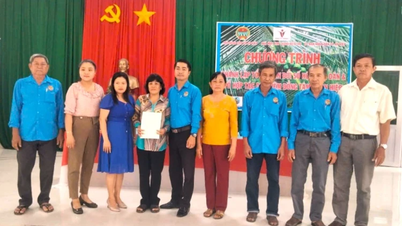
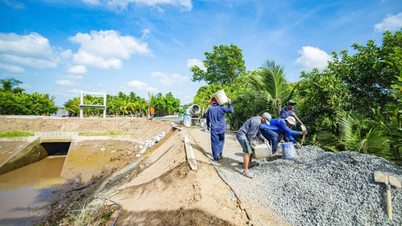
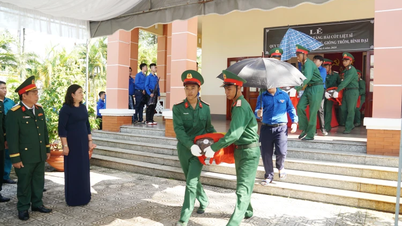
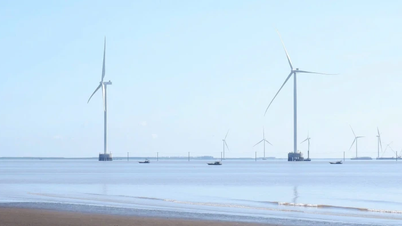
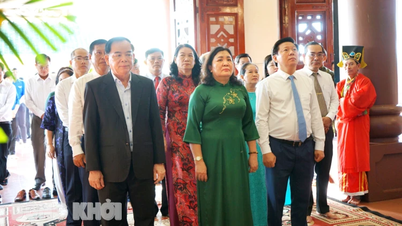


![[Video] TripAdvisor honors many famous attractions of Ninh Binh](https://vphoto.vietnam.vn/thumb/402x226/vietnam/resource/IMAGE/2025/10/16/1760574721908_vinh-danh-ninh-binh-7368-jpg.webp)





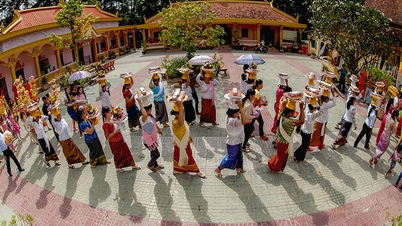







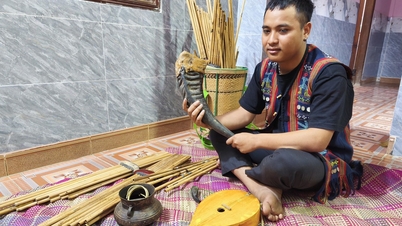
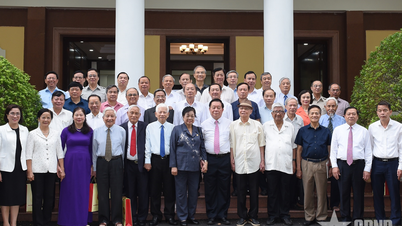

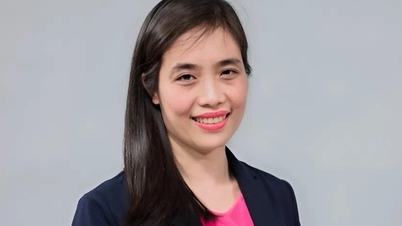


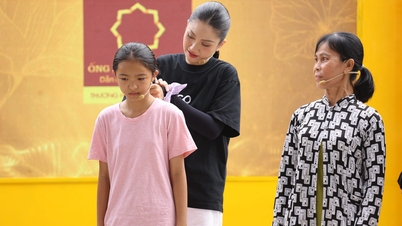
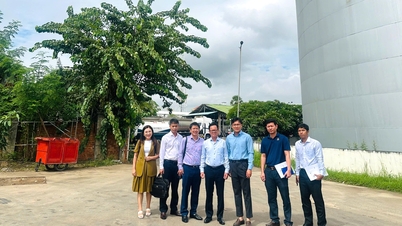
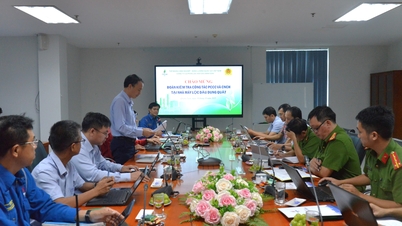


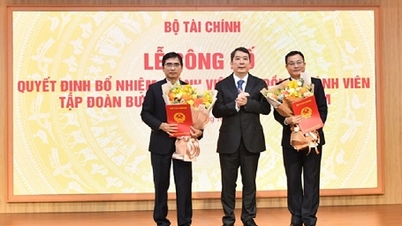






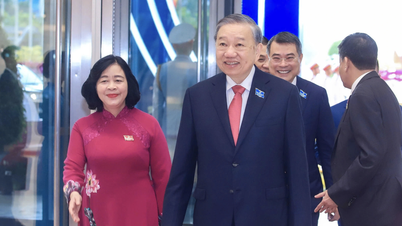
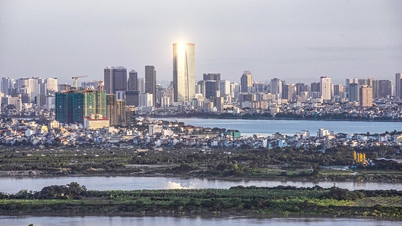
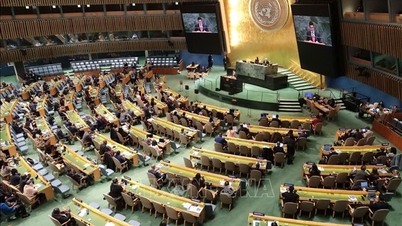
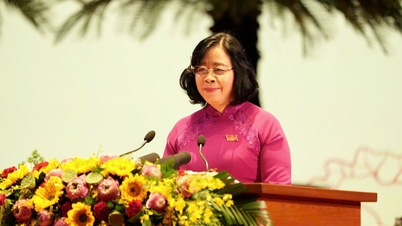





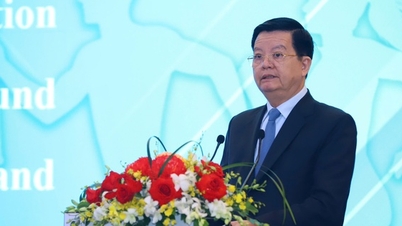
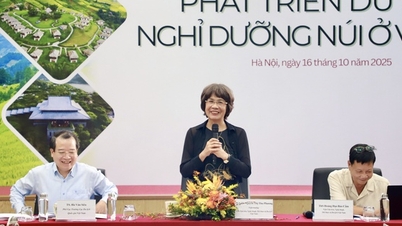
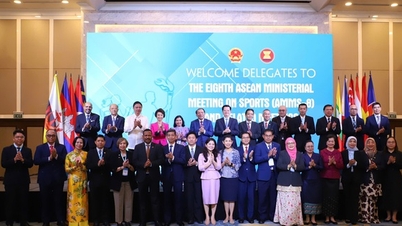
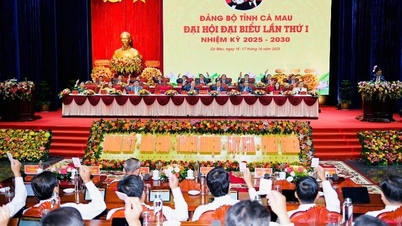
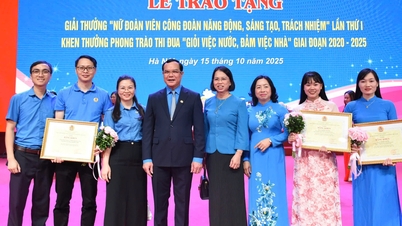





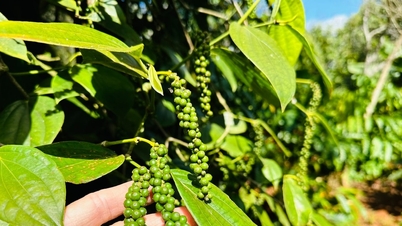
















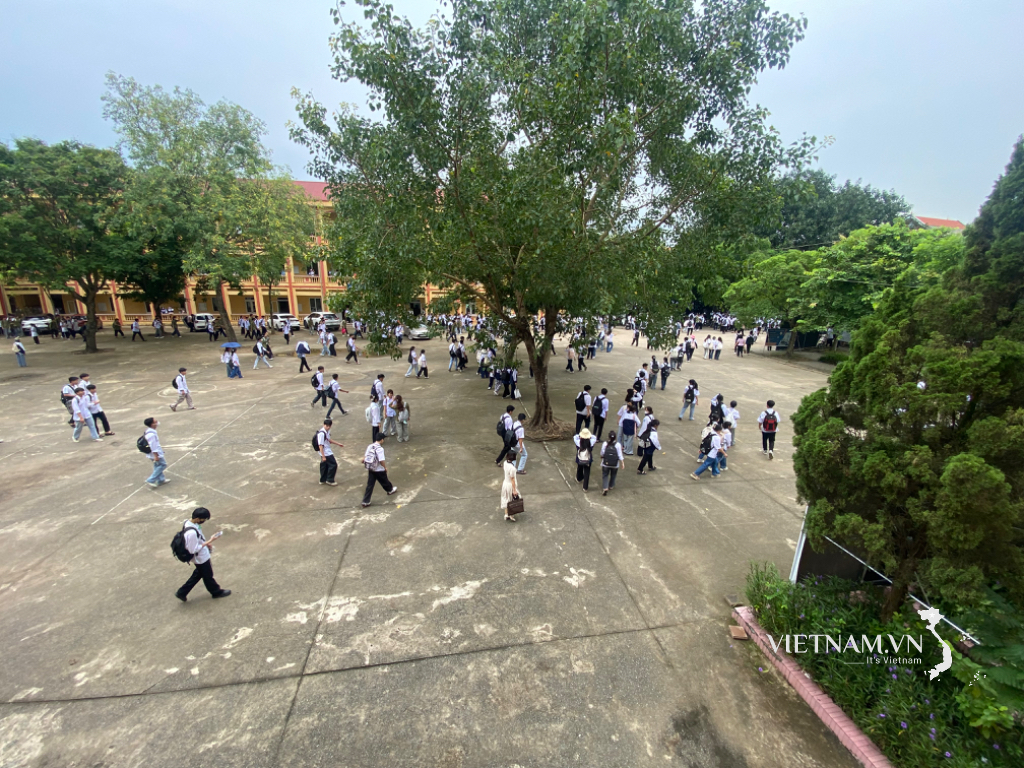


Comment (0)